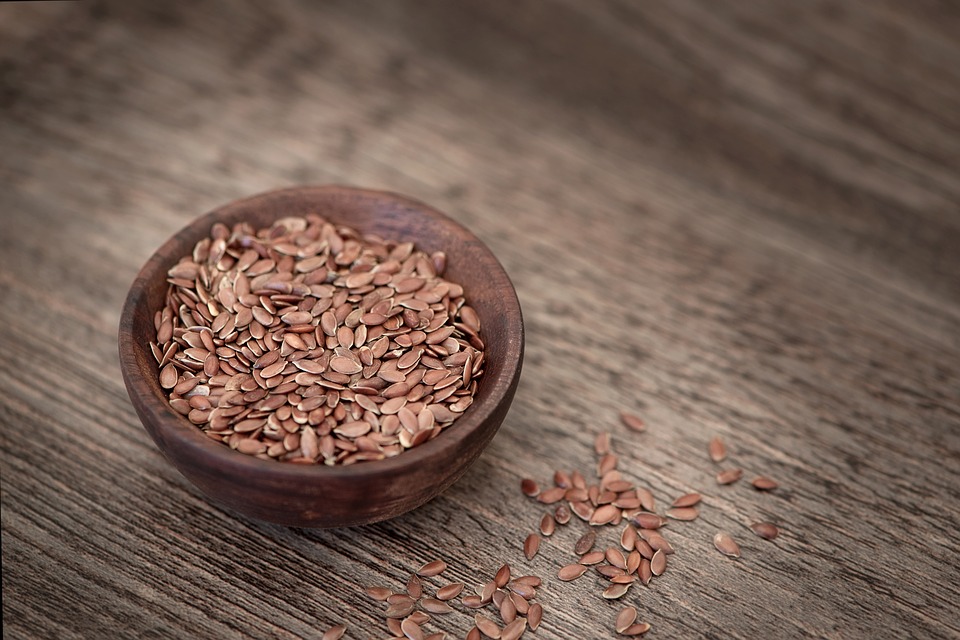
Flaxseed is a good source of dietary fiber and omega-3 fatty acids. They are also bound in fiber content which is known to be present in their seed coat. They are packed with beneficial nutrients and omega 3 fatty acids. Flax seeds are emerging as a super food among all in terms of health benefits according to the scientific point of view. Here are some of the proved benefits of flax seeds:
Flax seeds being one of the oldest crops since the inception of civilization are of two types one is golden and the other is brown while both are equally nutritious. They are known to contain, carbs, proteins, fiber, fat, saturated fat, omega 3 fatty acid, vitamin B1 and B6, folate, iron, calcium, magnesium, potassium, and phosphorus as well. Although they are a good source of nutrients lignin, omega 3 fatty acid, and fiber are proved to provide more health benefits.
If you are a vegetarian and do not eat fish, then flax seeds can be your best source of omega 3 fatty acids. They are a rich source of alpha-linolenic acid. Research studies have shown that linolenic acid in flax seeds prevents cholesterol from being deposited in your blood vessels of the heart. Health benefits of flax seeds comprise that they are rich in omega 3 fats and linolenic acid that has health benefits and is likely to lower the risk of stroke.
Lignan is plant compounds that have antioxidant ad estrogen properties both help to reduce the risk of cancer and improve health properties. Flax seeds contain 800 times more lignan than other plant foods. They are likely to reduce the risk of breast cancer in women; while colon and skin cancer in both genders.
Just one tablespoon of flax seeds contain 3 grams of fiber. Flax seeds contain 2 types of dietary fibers: soluble dietary fiber (20-40%) and insoluble dietary fiber (60-80%). This fiber is likely to regulate bowel movements substantially. Soluble fiber increases the consistency of the content of your intestine, regulates blood sugar, and lowers cholesterol levels. While insoluble fiber allows more water to bind to stools, increase their bulk, and result in softer stools. People who suffer from constipation and who are irritable bowel syndrome can be easily treated.
Flax seeds are also known for their ability to reduce cholesterol levels at a larger scale. The fiber content in flax seeds binds to bile salts and is then excreted from the body. Cholesterol is pushed out of the body and blood levels of cholesterol are regulated.
As a result, flax seeds are very healthy due to their fiber content and nutrient enrichment. They are likely to reduce the risk of lethal diseases like cancer and have also proved to be successful for cholesterol patients.
Change your body in 30 days with MYONATURAL SUPERFOODS. Order Online Today.